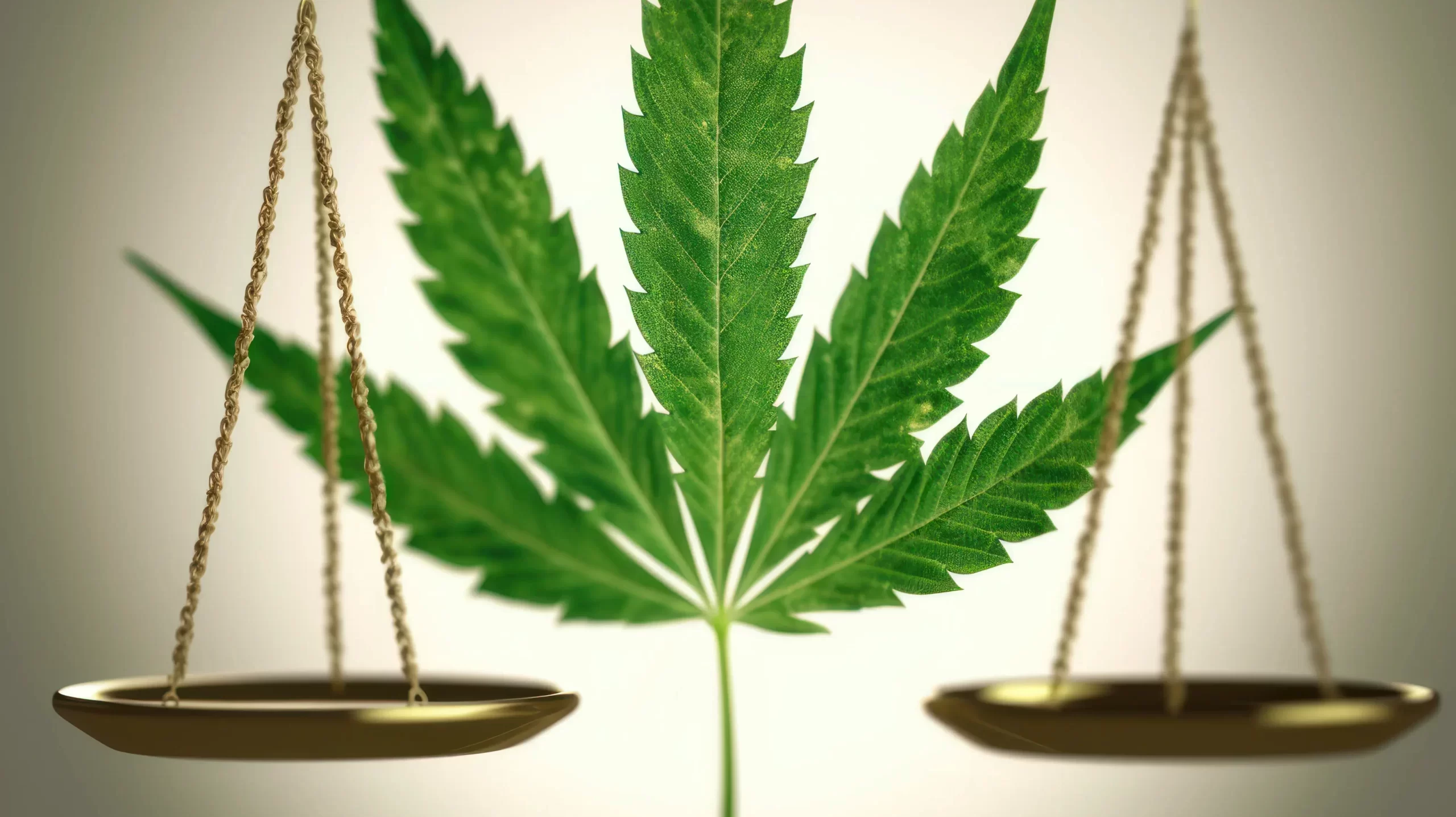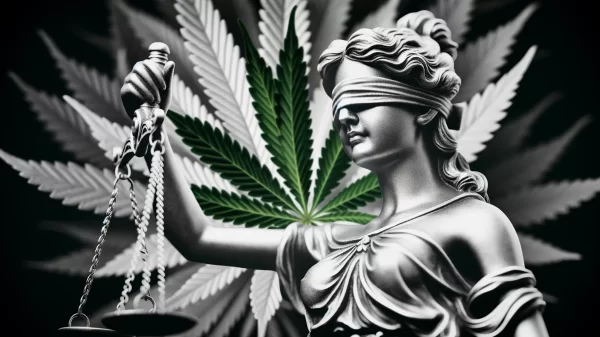On Thursday, the Biden administration submitted a proposal to the Federal Register to begin the formal process of reclassifying marijuana as a Schedule III drug.
The last time a reschedule was proposed was in 2016, but it was denied based on the Health and Human Services criteria for Schedule I drugs, citing the lack of accepted safety for medical marijuana use. From 2016 to 2022, enrolled patients increased by 610%.
President Joe Biden initially asked the attorney general and the secretary of HHS for a review of the drug’s classification in 2022. Between then and August of 2023, HHS conducted medical and scientific evaluations and recommended that it be reclassified to Schedule III.
Currently, marijuana is classified as a Schedule I drug and has been since the Controlled Substances Act was enacted in 1970. The CSA served as a legal foundation for President Richard Nixon’s War on Drugs, a period that pivoted the view on marijuana policies in the U.S.
In the realm of federal regulation, marijuana currently resides next to drugs like heroin, LSD and ecstasy. If the proposed reclassification is approved, it would be recognized similarly to drugs like ketamine, products containing less than 90 milligrams of codeine per dosage and anabolic steroids.
Moving marijuana to a Schedule III drug would note the accepted medicinal benefits while still acknowledging the abuse potential, but in this group that appears most often as a psychological dependency. The Schedule classification ranges from I to V, with Schedule I representing the most harmful and addictive and Schedule V representing the least harmful and addictive, according the the CSA.
Marijuana would not be immediately available for recreational use and it’s not legalization. Drugs in this group require a prescription and are subject to CSA record-keeping standards. Anybody selling the drug without a medical license or a DEA registration would face either a misdemeanor or felony charge, depending on the amount in possession.
Part of the reclassification process will include a review by the DEA. The DEA has yet to determine how the drug should be classified but will collect and evaluate input from the public to make its decision. Following this, an administrative hearing
At this point, recreational marijuana is legal in 24 states and medicinal marijuana is legal in 38 states, including Alabama. In 2021, Alabama passed legislation that would open the door to medicinal marijuana in the state by creating the Alabama Medical Cannabis Commission, but the AMCC has not finalized any licenses due to issues with the licensee selection process and court-imposed stays.
At the state level, only a little is subject to change. The Alabama legislature has not made any advances in decriminalization, despite multiple attempts to reduce penalties for personal marijuana possession.
















































